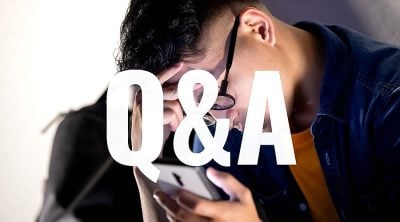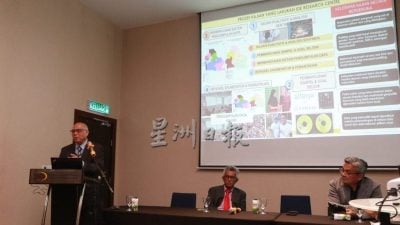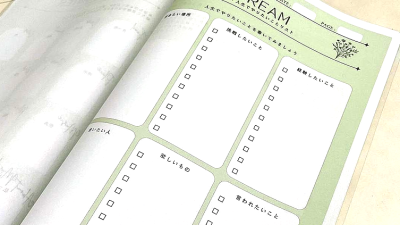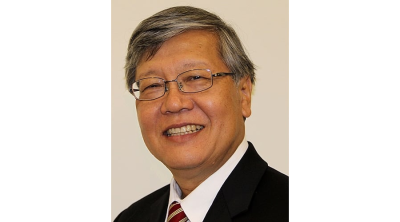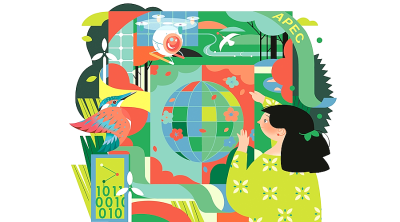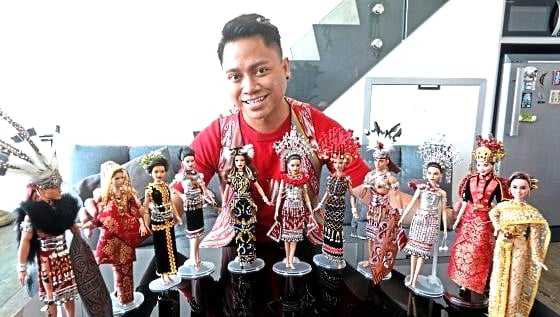 Sarawakian Iban flight attendant Wesley Juntan, out of work during the pandemic lockdown, has been giving the blue-eyed blonde Barbie dolls an indigenous overhaul, draping them in the local costumes of the Iban, Kadazan, Melanau and other indigenous communities of Borneo.
Sarawakian Iban flight attendant Wesley Juntan, out of work during the pandemic lockdown, has been giving the blue-eyed blonde Barbie dolls an indigenous overhaul, draping them in the local costumes of the Iban, Kadazan, Melanau and other indigenous communities of Borneo.
From the headdresses, colorful clothings to the accessories and trinkets, every detail has been well taken care of in order to restore the original looks of the native people of East Malaysia.
Juntan grew up in an Iban longhouse ever since he was young, and upon graduation from university, he started working as a flight attendant with Malaysia Airlines.
While he has flown to many countries over the past 11 years, his passion for his own traditional culture and the eagerness to preserve it has never subsided.
Every year on June 1, he and his family will take part in the annual Gawai festival where everyone is dressed in colorful traditional costumes and revel in the powerfully festive mood.
Unfortunately the coronavirus pandemic that began to strike the country in early 2020 has dealt a severe blow on the aviation industry.
Juntan’s job and income have been badly hit. As if that’s not enough, he has been unable to return to his native Sarawak for Gawai celebration.
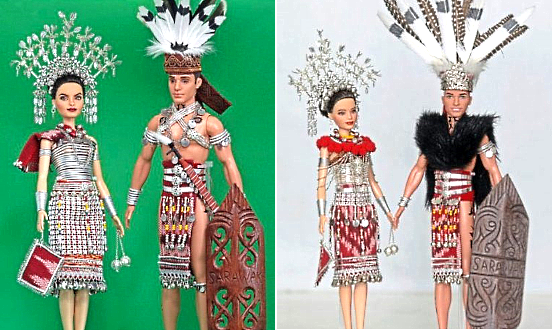 Stranded far away from home, the idea of dressing up dolls with traditional Borneo costumes popped into his head as a form of remedy for his homesickness.
Stranded far away from home, the idea of dressing up dolls with traditional Borneo costumes popped into his head as a form of remedy for his homesickness.
“It was May, and Gawai was just around the corner. So I started producing my first Borneo doll dressed in traditional Iban costumes as a an alternative way of celebrating Gawai away from home.”
He started to draw the attention of social media users after posting pictures of his work online. Friends began to call him up and requested him to make some Borneo dolls dressed in traditional costumes of their own communities.
This has slowly evolved into a part-time job for Juntan who subsequently made Borneo dolls in a melange of Bornean ethnic costumes.
“To me, the most interesting part about producing Borneo dolls is that I get to learn more about the cultural backgrounds of other ethnicities as well as their traditional costumes and the significance behind them.”
Before creating the costumes, Juntan would try to look up for large volumes of information in order to reproduce the costumes to the exactness as far as possible. He will never throw in his own design elements deliberately.
Juntan normally buys the dolls at ordinary shops, and before creating new costumes for the dolls, he will “bathe” them first, and remove all the make-up and eyes before putting on new dresses, new hairstyles, redrawing their eyebrows and eyes, and applying new make-up for them.
“Sometimes doing something different could give people a whole lot of unexpected fun.”
Making new clothes for the dolls is actually quite complicated and involves varied materials.
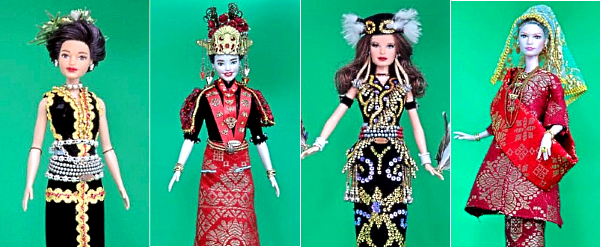 To him, looking for the right accessories and materials could be a very tough job as all the finest details have to be taken care of.
To him, looking for the right accessories and materials could be a very tough job as all the finest details have to be taken care of.
He said creating a Borneo doll could take between three and five days, and the entire process could take weeks if we include the time looking for the right materials.
Most of the dolls sell for RM350 to RM500 depending on the complexity of hand work involved.
So far Juntan has created more than 200 dolls draped in over 20 different traditional costumes of 15 indigenous communities in Borneo as well as Peninsular Malaysia, too.
After creating each piece of work, Juntan will post the pictures of the doll on Facebook and Instagram along with an introduction of the traditional costumes and accessories with the hope people here and abroad can get to know better about the colorful traditional cultures of Borneo.
Although he has been producing Borneo dolls for some time now, Juntan concedes that he has no plans to create dolls dressed in foreign costumes.
He hopes to focus on creating local traditional costumes and discovering more of local indigenous culture that is largely unknown to most people.
“Discovering local things could be so much fun!” he asserted.
To him, Borneo dolls are more than just a toy, and are more of a medium or way that will allow him to express some vital message to the world while doing his bit to preserve the traditional costumes and cultures which might vanish one day.
“I wish to convey a very important message to Malaysians that our country today is made up of many different ethnic communities and cultures coming together to create a peaceful and harmonious atmosphere.”
Indeed, the only way to create a more united and beautiful Malaysia is to know, understand and respect one another’s religions and cultures.
ADVERTISEMENT
ADVERTISEMENT






